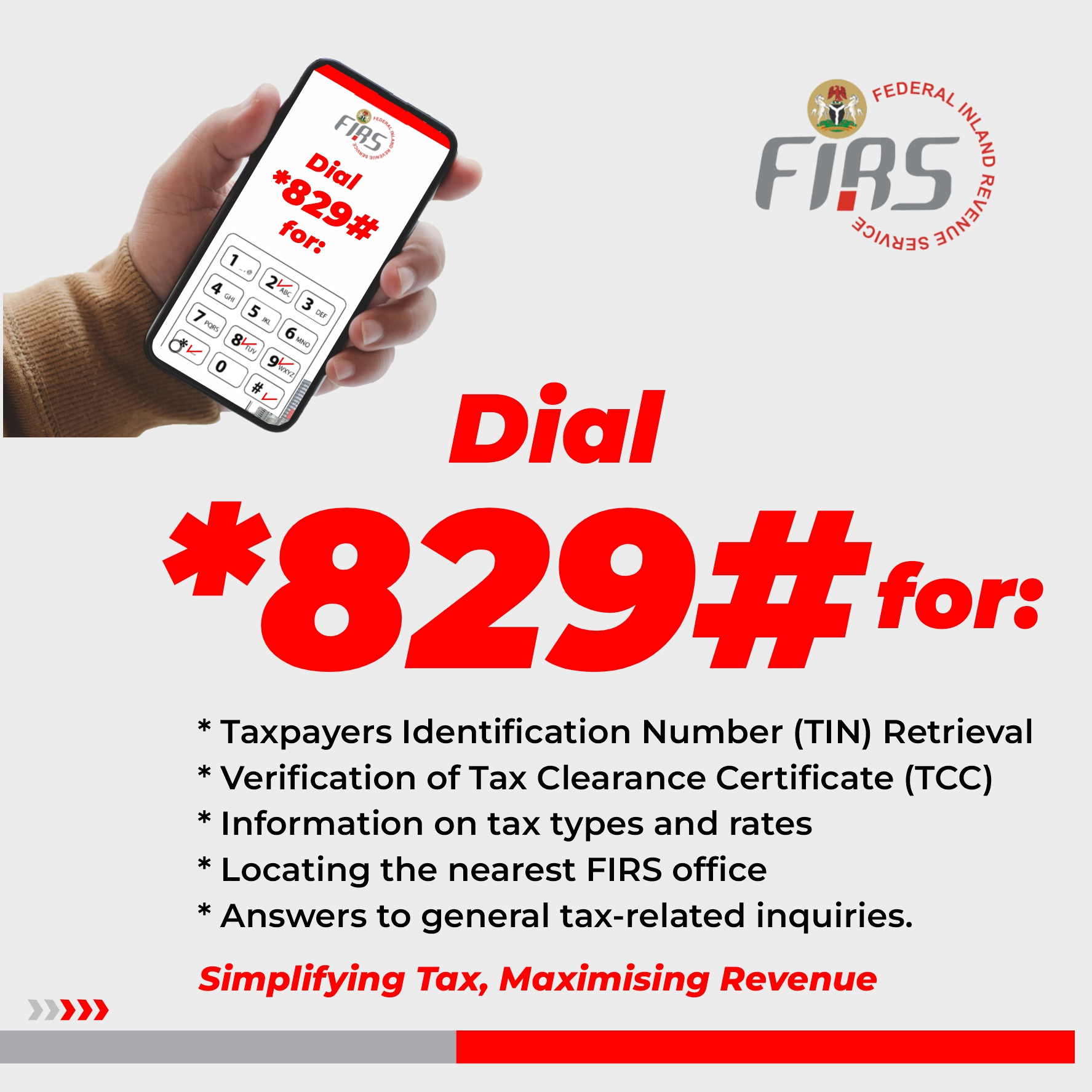Editorial
Major Reforms – the only hope for Nigeria’s future

There is no doubt that Nigeria is in the throes of an incapacitating energy calamity, leading to unprecedented rising costs, scarcity and suffering. Crippling shortages of petroleum and gas products are sending enormous shock waves through the country’s already battered economy.

In the past couple of months, the prices of petrol, diesel, aviation fuel, kerosene, cooking and industrial gas have skyrocketed. Epileptic power supply and outright blackouts along with unrealistic tariffs has worsened the already bad state of affairs. To say that businesses and social activities have been undermined and the country’s economic prospects have become dimmer is stating the obvious.

That the energy predicament has added to the country’s many challenges is putting it mildly. Recently, things took a perilous nose – dive after the importation of adulterated petrol in January. This has led to a nationwide scarcity, resulting in long queues. From the subsidized N165 per liter, petrol prices shot upwards to as high as N400 per liter and even more in several sales outlets and black markets across the country.
Uncoordinated interventions by the Federal Government produced little or no meaningful results. Likewise, gas shortages, technical hitches, debts and other numerous challenges have resulted in a sharp decline and eventual collapse of the national grid. This is not the first time that Nigeria’s power grid has collapsed. It happened in February, May, July and August of 2021. As a matter of fact, there have been about 206 collapses of the power grid between 2010 and 2019. The effect of this has been adverse on the social and economic life of the country.
Production costs have soared to an all time high. Members of the Manufacturers Association of Nigeria (MAN) spend a whooping N100 billion monthly on alternative energy sources. This has resulted in the high cost of goods in the market owing to the high cost of production. The implication of this is that Nigerians are under an unprecedented heat.
Several businesses have been constrained by the steep rise in the cost of diesel. From N260 per liter in December 2021, a liter now sells at between N720 and N800 depending on where you are buying from. The government clings to the argument that prices of diesel, aviation fuel, kerosene and gas have been deregulated. But as long as the naira continues to decline and Nigeria imports these products, prices will not come down. Clearly, not even the threatened removal of subsidies on petrol can solve Nigeria’s self-inflicted energy crisis.
The ongoing war between Russia and Ukraine has caused the prices of oil and gas commodities to rise sharply. Since Nigeria is a major oil producing country, President Buhari and his economic team should urgently sieze the moment and strategize on how to position the Nigeria’s oil for this season of boom. Sadly, this may not happen because attention appears to be focused mostly on 2023 elections rather than on the immediate well being of Nigeria and its people.
As a matter of urgency, Nigeria needs to change its damaging economic practices. In 2020, Nigeria exported petroleum products worth $27.3 billion, but imported refined products worth $71.28 billion, leaving a huge deficit of $43.56 billion. According to the Minister of Finance, over $150 million is paid annually on petrol subsidy. That is billions of dollars annually. With these practices, Nigeria’s economy cannot derive much benefit from oil. There can be no economic progress with these steps.
While state governments continue to struggle to pay salaries, federal government borrows to cover up. Factories are closing leading to job losses; the jobless rate is now 33.3 percent causing aggravated poverty levels. With 87 million extremely poor people in 2008, Nigeria overtook India as the poverty capital of the world.
Apparently, this administration has not done enough to avert energy and other crises holding down Nigeria. To get things back on track, the Buhari administration should as a matter of urgency privatize the four refineries in the country, instead of taking huge loans to resuscitate them. Without doing this and embarking on other major reforms, there is no hope for the future of Nigeria’s economy.

























